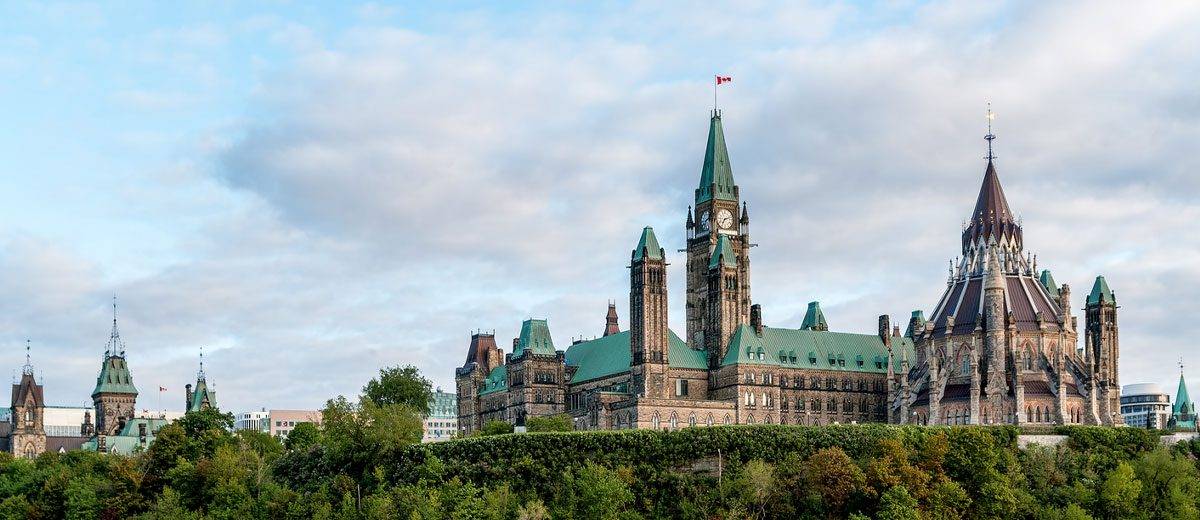The Fall Economic Statement released by the federal government missed an opportunity to further support the foodservice industry, despite the positive impact of the GST and HST holiday tax break. This tax break has provided temporary relief to restaurants, which have faced challenges due to rising costs and low consumer demand. Restaurants Canada’s chief economist estimates that the tax break will generate an additional $1.5 billion in sales for the industry, offering crucial support during typically slow months like January and February. This influx of cash allows restaurants to pay off debts, increase staff hours, and invest in wages.
However, the industry requires long-term solutions to address ongoing labor shortages and affordability concerns, as well as to create a conducive economic environment for growth. Labor shortages are expected to persist in 2025, with 78,000 vacant jobs in the industry. Restaurants Canada is urging the federal government to develop a comprehensive plan to address labor shortages and leverage Canada’s existing labor pool following changes to the immigration system. Additionally, the organization is advocating for initiatives to connect unemployed newcomers holding open work permits with opportunities in the foodservice industry, particularly in regions outside major urban centers.
To combat the rising cost of doing business, which has led to a 45% increase in industry bankruptcies and 53% of restaurants operating at a loss or barely breaking even, long-term relief measures are essential. Total food costs have risen by 25%, insurance by 24%, utilities by 20%, and labor costs by 18%. With slim profit margins of three to five percent, operators struggle to absorb these cost increases. One proposed solution is for the federal government to reduce Employment Insurance payroll taxes by two percent, a move supported by 77% of Canadians according to a recent poll.
Restaurants Canada is committed to advocating for these measures and engaging with all political parties in 2025 to ensure the industry’s needs are addressed. Kelly Higginson, President & CEO of Restaurants Canada, emphasizes the importance of political parties prioritizing the well-being of the industry as they develop their platforms.
In conclusion, while the GST and HST holiday tax break has provided temporary relief to the foodservice industry, more comprehensive and long-term measures are needed to address labor shortages, affordability concerns, and rising costs. By working collaboratively with the federal government and advocating for supportive policies, Restaurants Canada aims to create a sustainable and thriving environment for the industry and its 1.2 million employees.




